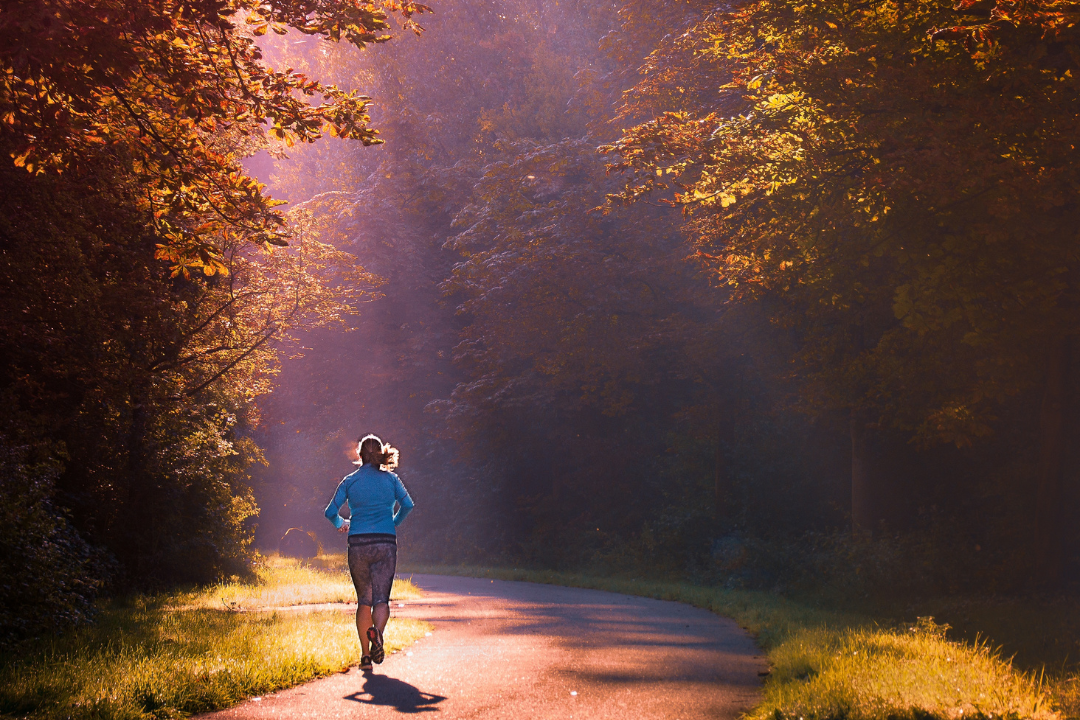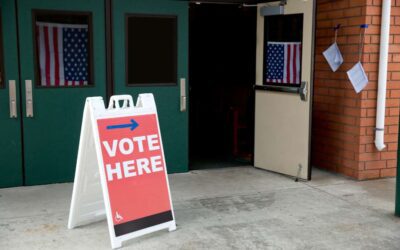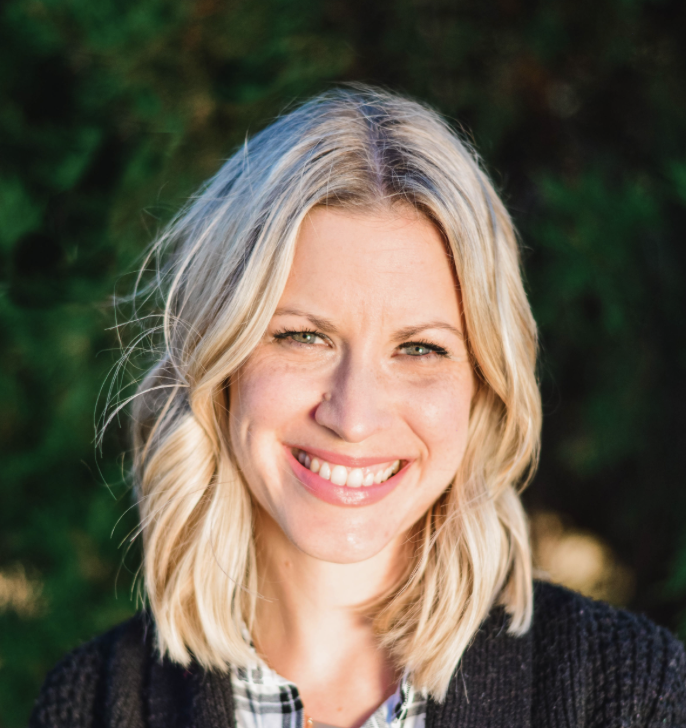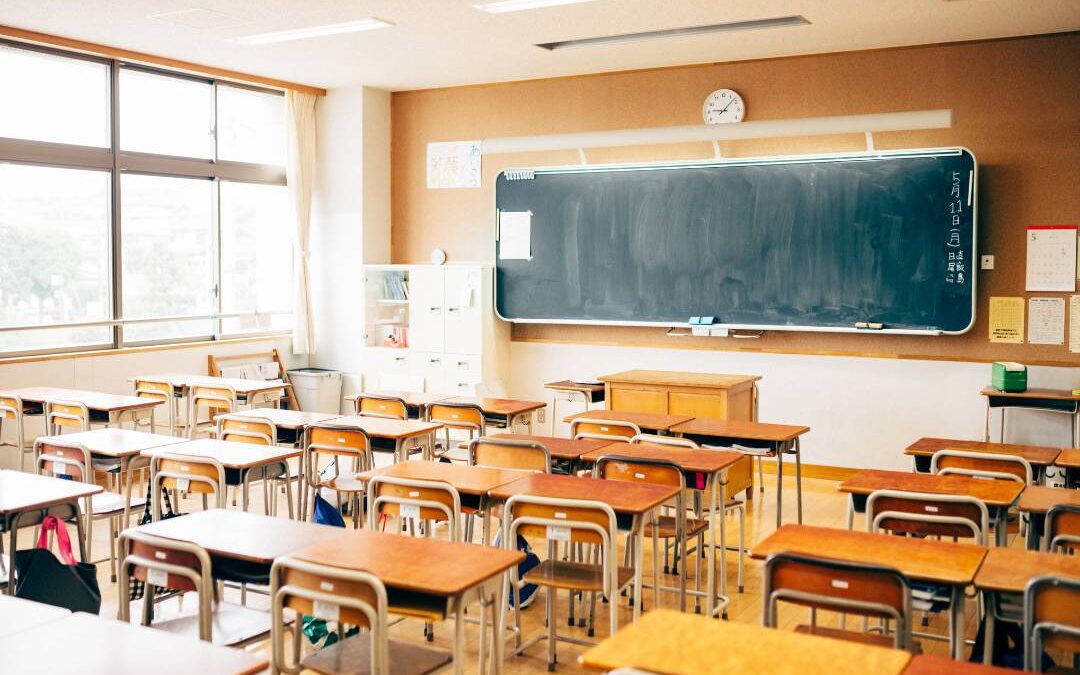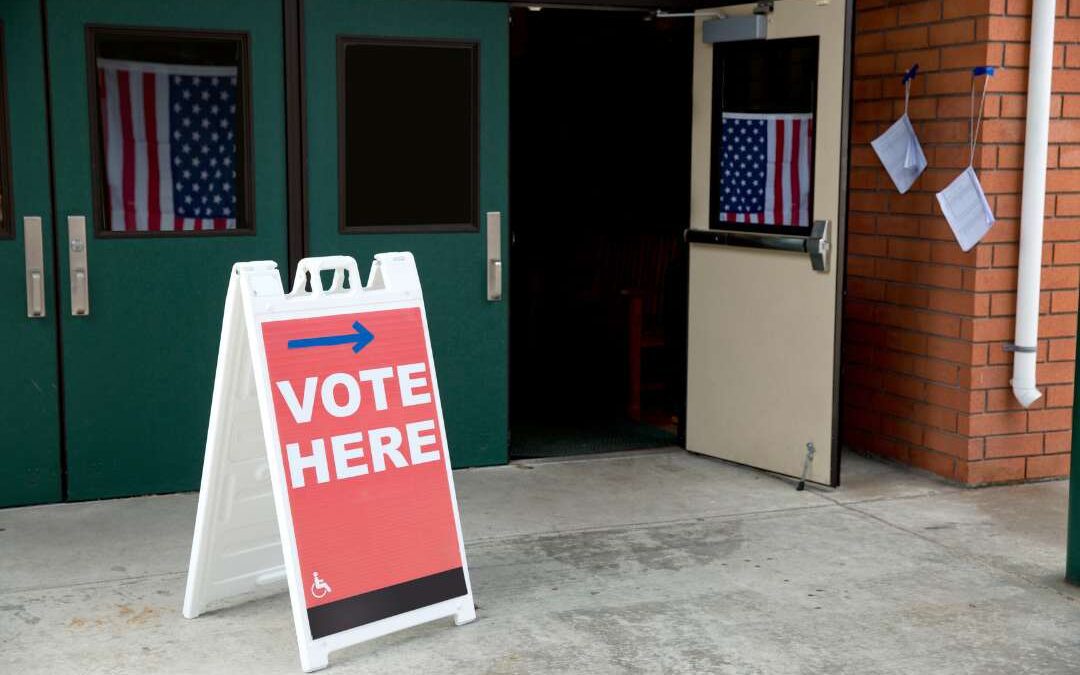I don’t run at night or before the sun comes up. I wonder if you don’t either. While my husband can strap on a headlamp and reflectors and hit the neighborhood running, I have to be more cautious—even in the suburbs. Common sense tells women that running in the dark carries a risk that many of us wish to avoid—so we run in pairs. We run at the gym. We run in the daylight.
I don’t let my sons run alone in the dark either. Parenting wisdom says letting our young children run without supervision is ill advised—so they run with me. They run in the light. But one day they will trade childhood for manhood, weakness for strength. They will outgrow their vulnerability, but I won’t. I’ll still run in the light, while their options expand.
It’s the world we live in, the one where we make choices based on our vulnerabilities.
Others’ vulnerabilities are not based on gender or age. We know this because we watch the news. We hear of black and brown brothers and sisters misunderstood and harmed simply because they were in the wrong place at the wrong time. There is a vulnerability racial minorities bear that I will never know fully, but I can empathize. I know what it feels like to feel exposed and fearful. I know what it means to feel helpless simply for being myself. I know what it feels like to make choices based on risk—choosing to run in the day, rather than the night.
White women have at times unfortunately been proponents of increasing the vulnerability of our black and brown neighbors. Our foremothers have picketed schools, boycotted integration, and rejected equality. But what would have happened if we instead considered our vulnerability as a gateway to understand theirs? What if we found the common ground of our vulnerability as a pathway towards understanding?
God reminds us that we’re limited beings, bound by bodies, time, and space. In every culture, some bear more limitations than others. The “strongest” have an obligation to use their strength to hold up the weak. The strong are to use their power not to grow more comfortable, but to grow more empathetic.
I can’t run at night. Neither can my friends of color. This is a shared vulnerability, one that lifts me away from what I can’t do and towards what others equally can’t do. We bear that burden together.
But I can drive without much fear of unjust policing. Instead of rejecting my friend’s experiences of being profiled, I can instead ask what it feels like to have this vulnerability. I don’t share the experience, but I do know what it feels like to be exposed and fearful of strength. My vulnerability is a chance to start a conversation about something I don’t understand.
As a woman in male spaces, I’ve been misunderstood and mischaracterized. I know what it feels like to be treated differently simply because I was born a certain way: female. This is a shared vulnerability, one that allows me to hold the grief that my friends feel for being cast aside not only for their gender, but the color of their skin too.
But as a member of a “privileged class” of sorts, I also use my influence to shine a light on what others might experience. For the Christian, we look for ways to advance not our own causes, but the causes of our fellow Christians, and especially those who are suffering. If we’re strong, it’s for the good of others. If we’re weak, it’s so God’s people can bear us up. If we have influence, it’s so we can use it for those who lack it. If we are vulnerable, it’s so the powerful can stand in our corner showing that God uses the weak things of the world to shame the wise (1 Corinthians 1:27).
Dear white woman, you know what it feels like to be vulnerable. You know the feeling of anxiety when you get in your car in a dark parking lot or when you’re home alone and hear a noise in the house. Your weakness leaves you exposed.
You know something of the vulnerability your brothers and sisters of color feel.
But you also know what it feels like to have influence. You know it feels like to use your power to change things—whether it’s online, in a school, in your neighborhood, or even in your own church. Your shared vulnerability coupled with your cultural power can be a force for good.
In the ways we’ve been given privilege, let’s use it to lift up the vulnerable. And in the ways that we share vulnerability, let’s use it to listen and bear one another’s burdens together.
Prayer Requests:
- Pray for God to open your eyes to the ways you share vulnerability, then ask for empathy to listen well to the struggles of others.
- Pray for the end of vulnerability for all people, regardless of gender or ethnicity.
- Pray for influence to use both your privilege and vulnerability to be a voice of reason and reconciliation.


